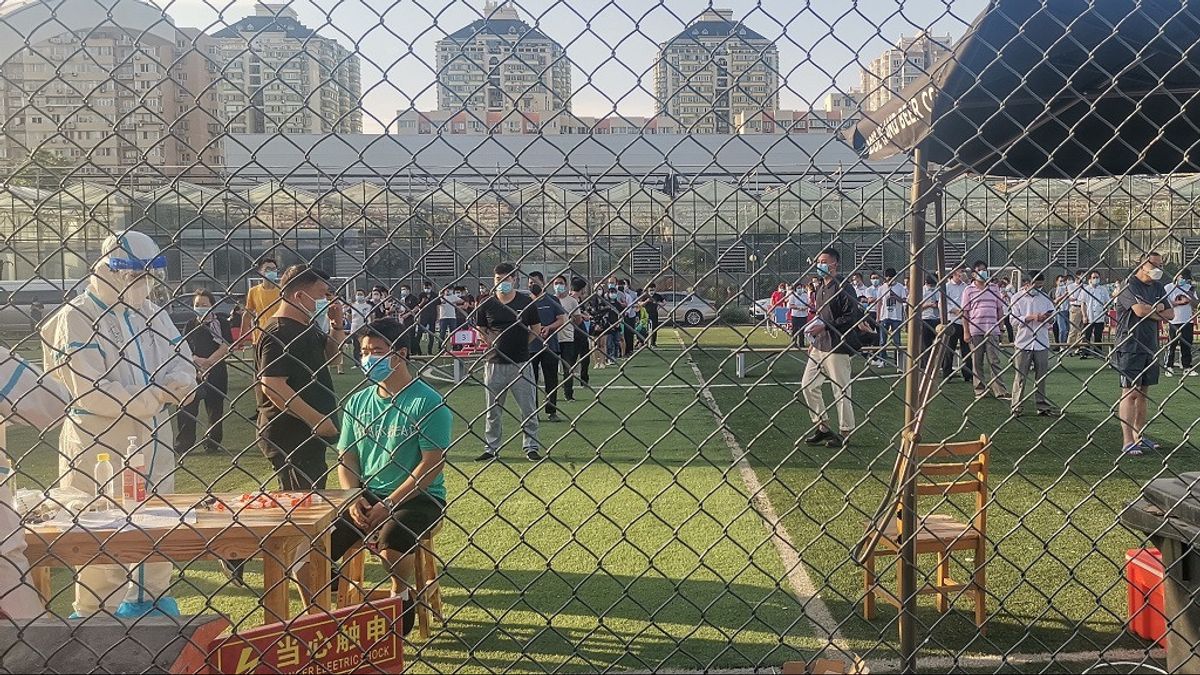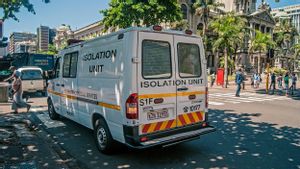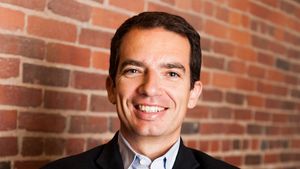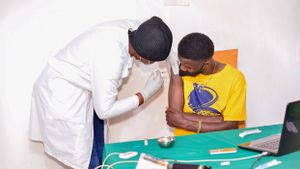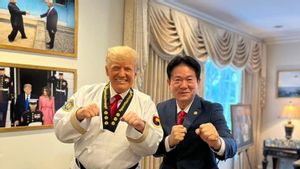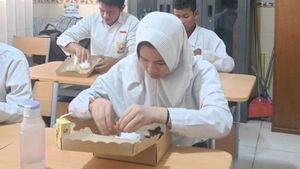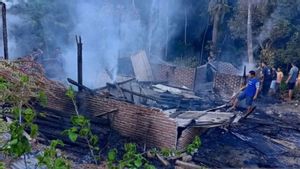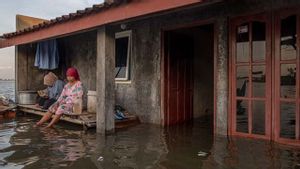JAKARTA - Global licenses for serological technology detecting COVID-19 antibodies will be granted royalty-free to poor and middle-income countries under the first such agreement to increase production, the World Health Organization (WHO) said.
Four existing tests, which check for the presence of SARS-CoV-2 antibodies developed after infection or vaccine dose, can also inform decisions about the need for a booster to protect against the disease, the WHO said in a statement.
The non-exclusive licensing agreement reached with the Spanish National Research Council (CSIC), a public research institute that offers technology as a global public good, is the first test license signed by the WHO Medicines Patent Group (MPP).
"The purpose of this license is to facilitate the worldwide manufacture and rapid commercialization of the COVID-19 CSIC serological test," the WHO said in a statement.
"The license will be royalty-free for low- and middle-income countries and will remain valid until the date the last patent expires."
The test is easy to use and suitable even for rural settings with basic laboratory infrastructure, he added.
Meanwhile, WHO Director-General Tedros Adhanom Ghebreyesus welcomed the deal, which he hopes will inspire other developers to share tools against COVID-19, which has killed 5.4 million people since the virus emerged in central China in December 2019.

"This is the kind of open and transparent license we need to move the needle of access during and after the pandemic," Tedros said.
"I urge developers of COVID-19 vaccines, treatments, and diagnostics to follow this example and turn the tide of the pandemic and the devastating global injustices this pandemic highlights," Tedros continued.
Separately, Doctors Without Borders (MSF) welcomed the agreement, noting that WHO currently has only one antibody test using quantitative immunoassays (ELISA) made by Roche Holding, which can only be used with the Swiss-based drugmaker's kit itself.
SEE ALSO:
"To overcome the monopoly of large diagnostic companies like Roche, and to facilitate the production and supply of reliable ELISA antibody tests in all countries, open licensing from CSIC to the WHO C-TAP (Covid-19 Technology Access Pool) is an important step forward," the activist group said.
"However, one license from one technology owner is not enough to unlock a full platform so developers in countries can scale up their tests for COVID-19 antibodies. Remove intellectual property barriers on all major technology components, and facilitate open sharing, collection, and transfer of technology, data, and knowledge, essential to ensure and improve access to COVID-19 diagnostics for all."
The English, Chinese, Japanese, Arabic, and French versions are automatically generated by the AI. So there may still be inaccuracies in translating, please always see Indonesian as our main language. (system supported by DigitalSiber.id)
